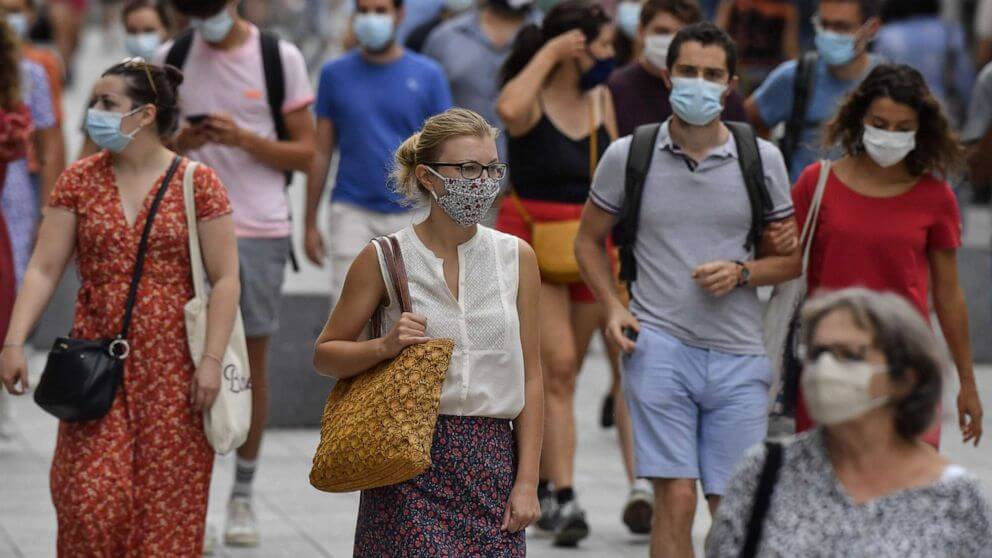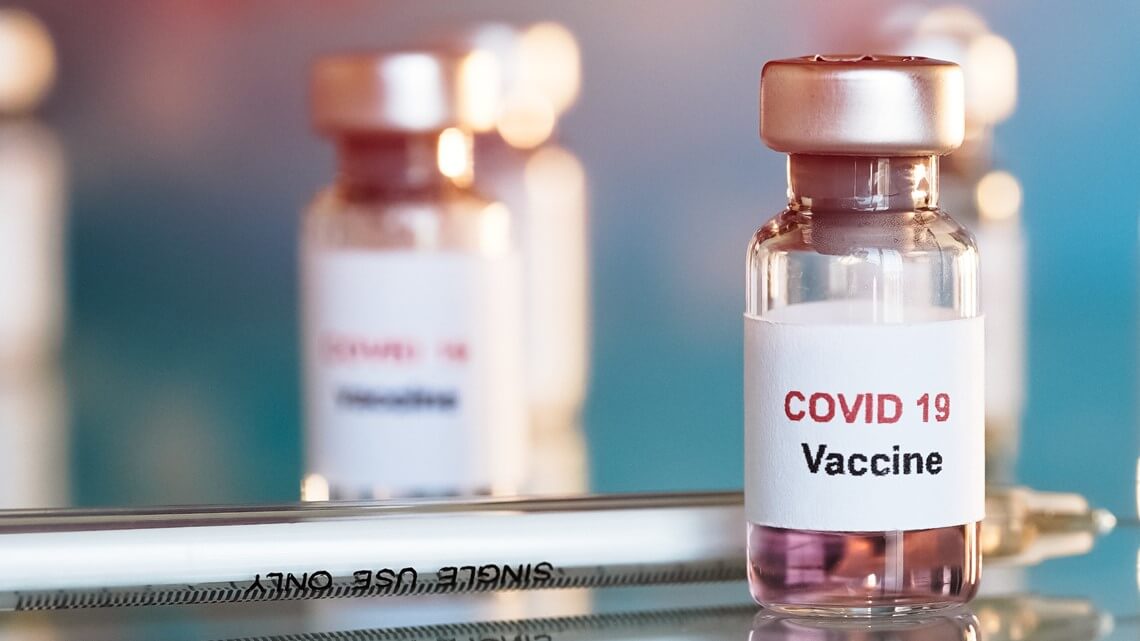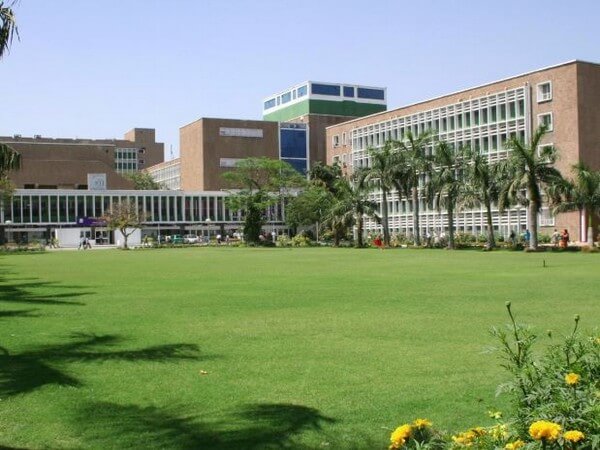China reports two new Omicron variant of Covid-19
Wed 15 Dec 2021, 10:27:28

Beijing: China reported two COVID-19 cases of highly transmissible Omicron variant this week after a sub-strain of the Delta variant triggered a new cluster of cases in eastern China’s industrial powerhouse province of Zhejiang, causing lockdown, travel restrictions, and shutting down factories.
State media reported that the first case was detected on Monday in the city of Tianjin, 100 km away from the capital Beijing, and second case on Tuesday in Guangzhou, Guangdong province. Both were imported cases, it said.
As Chinese vaccine manufacturers are sprinting for breakthroughs in research for Omicron based on traditional inactivated virus techniques, Chinese experts have called for more cooperation with their Western counterparts on the development of mRNA vaccines. On Saturday, Zhong Nanshan, China’s top respiratory disease expert and government adviser, urged China to increase exchanges and cooperation in vaccine development with other countries.
Over the past few months, Chinese authorities have resorted to increasingly stringent measures to curb local outbreaks often at great economic cost and disruption to daily lives. But infections have continued to flare up, breaking through its ambitious ‘Zero-COVID policy’.
China has not released studies on how much its domestic vaccines protect against Omicron, though experts and state media have voiced confidence in curbing the new variant Omicron. China has administered more than 2.61 billion Covid-19 vaccine doses so far. But efficacy of Chinese vaccines has been found to be lower than the mRNA shots, and studies suggest the
immunity provided by the Chinese vaccines wanes rapidly.
immunity provided by the Chinese vaccines wanes rapidly.
While Chinese regulators held off approval for the BioNTech mRNA vaccine, domestic companies were given the green light to forge ahead with developing their own mRNA vaccines. Chinese mRNA vaccine, ARCoVax, has been jointly developed by Yunnan Walvax Biotechnology, Suzhou Abogen Biosciences, and the Academy of Military Medical Sciences, a Chinese military research institute. It’s under clinical trial as a booster dose.
Several other Chinese companies, including state-owned giant Sinopharm, are also developing mRNA vaccines. Experts say, China may not allow any foreign mRNA vaccine to enter Chinese markets before approving homegrown mRNA vaccines.
Several infections diagnosed until Monday afternoon were of the Delta strain sub-lineage AY.4, prompting large-scale travel restrictions in the province, mass nucleic acid tests with more than 52,000 people sent to centralized isolation, and putting more than 500000 residents in Zhejiang under lockdown. Eastern China’s industrial powerhouse province of Zhejiang reported a total of 192 locally transmitted cases with confirmed symptoms during the December 6-13 period, official numbers showed on Monday, marking the province’s first domestic cluster outbreak this year.
According to media reports, more than a dozen Chinese-listed companies said they had suspended production in coronavirus-hit parts of Zhejiang province in response to the local government’s tightened Covid-19 curbs, causing their share prices to plunge
No Comments For This Post, Be first to write a Comment.
Most viewed from Coronavirus Updates
Most viewed from Health
AIMIM News
Latest Urdu News
Most Viewed
May 26, 2020
Do you think Canada-India relations will improve under New PM Mark Carney?
Latest Videos View All
Like Us
Home
About Us
Advertise With Us
All Polls
Epaper Archives
Privacy Policy
Contact Us
Download Etemaad App
© 2025 Etemaad Daily News, All Rights Reserved.










































